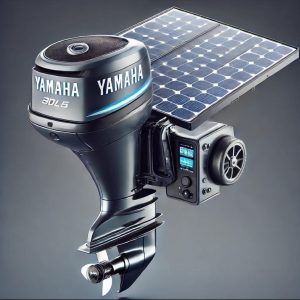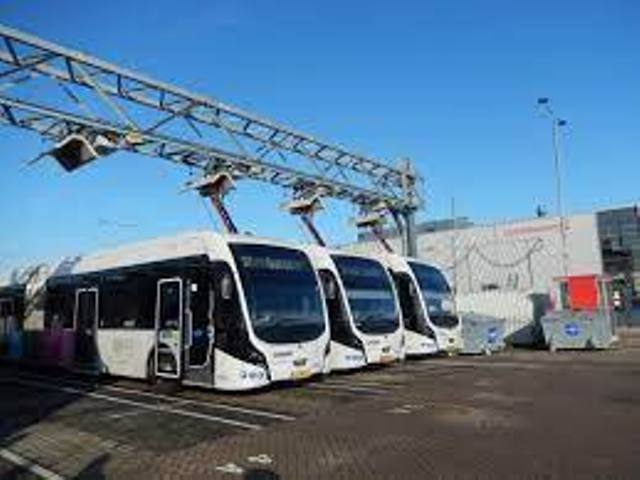The government is making giant strides towards a greener future, with the introduction of electric buses and solar-powered outboard motors. We are aware that the government has commenced piloting the use of solar-powered outboard motors for artisanal fishing, and the Vice President, Dr. Mahamudu Bawumia, is commissioning a fleet of electric buses today in Accra.
In an era where the world is addressing the challenges of climate change, these initiatives demonstrate Ghana’s commitment to reducing its carbon footprint and improving the lives of its citizens.
It must be emphasised that the electric bus initiative pushes our country ahead in its public transportation sector. We have read that the electric buses would ease the stress in the public transport system, particularly in the capital and reduce the cost of transportation by an estimated 40–50%.
We must also emphasise that this is not the first time a government has introduced an initiative like this. Under the Kufuor administration, the Metro Mass Transit was introduced and the Ayaalolo Bus Rapid Transport system was introduced by the erstwhile John Mahama administration.

Like the buses under President Akufo-Addo, the three governments intended to ease transportation by making vehicles available at more affordable rates than private transports.However, the new thing is that the latest buses are running on electricity instead of fuel. Much as we are not downplaying what the other governments did, suffice it to say that the need to reduce the emission of carbon dioxide from burning of fossil fuel projects the electric buses as a better option and a game changer.
We can attest to the negative impact of the fuel emissions on our health. When fossil fuels are burnt, they release large amounts of carbon dioxide into the air. They trap heat in the atmosphere, causing global warming.
The management of these buses is not up for discussion in this piece. However, the electric buses have proven to be more efficient, requiring less maintenance. Because it operates on electricity, the government must ensure stable power to avoid the situation where the buses would be grounded for lack of stable electricity to charge them. If there is a stable energy source, then electric buses are cheaper as compared to fossil fuels.
The ordinary Ghanaian stands to benefit hugely if these electric bus systems are well managed and sustained. It would mean an affordable means of commuting and reliable transportation options.
Since the solar-powered outboard motors initiative is being piloted, we anticipate the final rollout. It is another innovative solution targeting the challenges our fisherfolks face in their line of work.
Over the years, the scarcity, high cost and smuggling of premix fuel have hindered the productivity of the fisheries sector. If finally introduced, these solar-powered motors would eliminate the need for premix fuel entirely, relying instead on the abundant solar energy that Ghana is blessed with all year round.
We note that the shift to solar energy offers multiple benefits. For our fisherfolks, the solar-powered outboard motors provide a more stable and cost-effective alternative and ensure uninterrupted operations associated with scarcity of premix fuel.Like the electric buses, this also reduces our dependence on fossil fuels, cutting down on carbon emissions associated with fuel production and usage.
The Chronicle would urge the government to put measures in place to effectively manage these initiatives. They should not end up like the Metro Mass Transit and the Ayaalolo Bus Rapid Transport system. The solar-powered outboard motors should also be made available to all fishermen, not those aligned with the party in power. There should be no discrimination in the distribution or sale of the motors.
The government must use these as a launch pad to expand renewable energy infrastructure in the country. We must invest in solar farms and charging stations to support the scalability of electric vehicles and solar-powered systems.
We would recommend to the government to subsidise clean energy technology by providing financial incentives to make electric vehicles, solar panels and solar-powered motors accessible to citizens and businesses.









